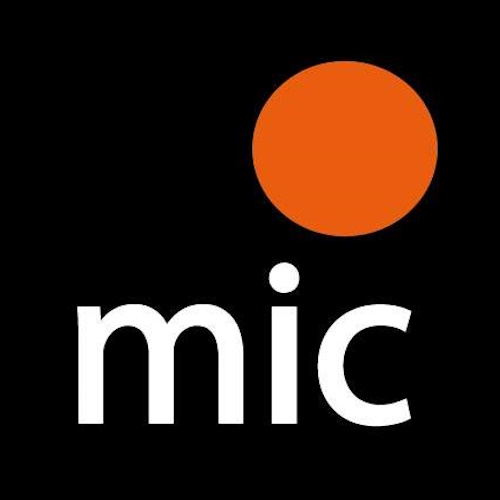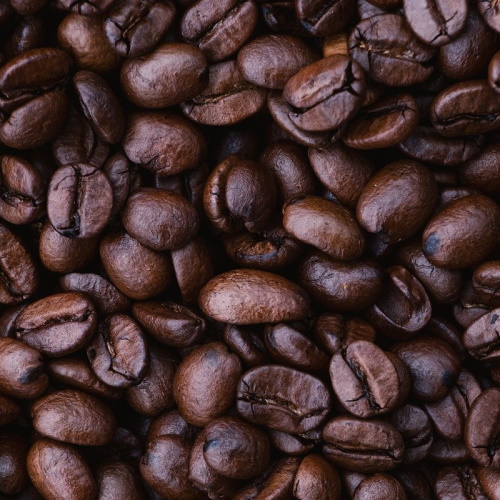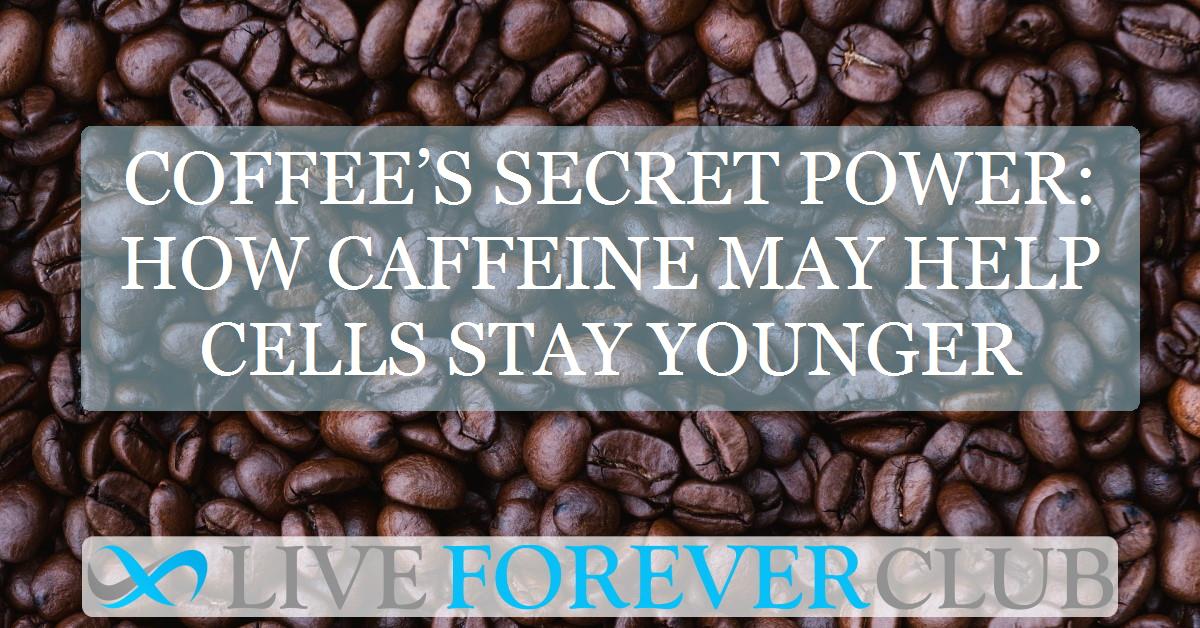Key points from article :
A new study from Queen Mary University of London suggests your morning coffee could be doing more than keeping you alert—it might also be helping your cells stay young. Published in Microbial Cell, the research explores how caffeine, the world’s most consumed psychoactive compound, interacts with key cellular systems that govern ageing.
Led by Dr John-Patrick Alao and senior author Dr Charalampos (Babis) Rallis, the team used fission yeast, a single-celled organism with surprising similarities to human biology, to unravel caffeine’s effects. They discovered that caffeine influences ageing by activating AMPK, a cellular “fuel gauge” that helps cells manage low energy and stress. This pathway is deeply conserved across evolution and also happens to be the target of metformin, a diabetes drug under investigation for its anti-ageing potential.
The findings build on the researchers’ earlier work showing that caffeine affects the TOR pathway, a major growth regulator linked to nutrition and stress responses. Together, these insights reveal how caffeine taps into ancient biological switches that control how cells grow, repair DNA, and cope with stress—processes that are central to ageing and disease.
While this doesn’t mean coffee is a guaranteed longevity drug, the research provides a clearer picture of why caffeine has been associated with health benefits. It also opens up new possibilities for developing dietary strategies or medicines that mimic these cellular effects to promote healthy ageing. In other words, your daily cup might be giving your cells more than just a wake-up call.






